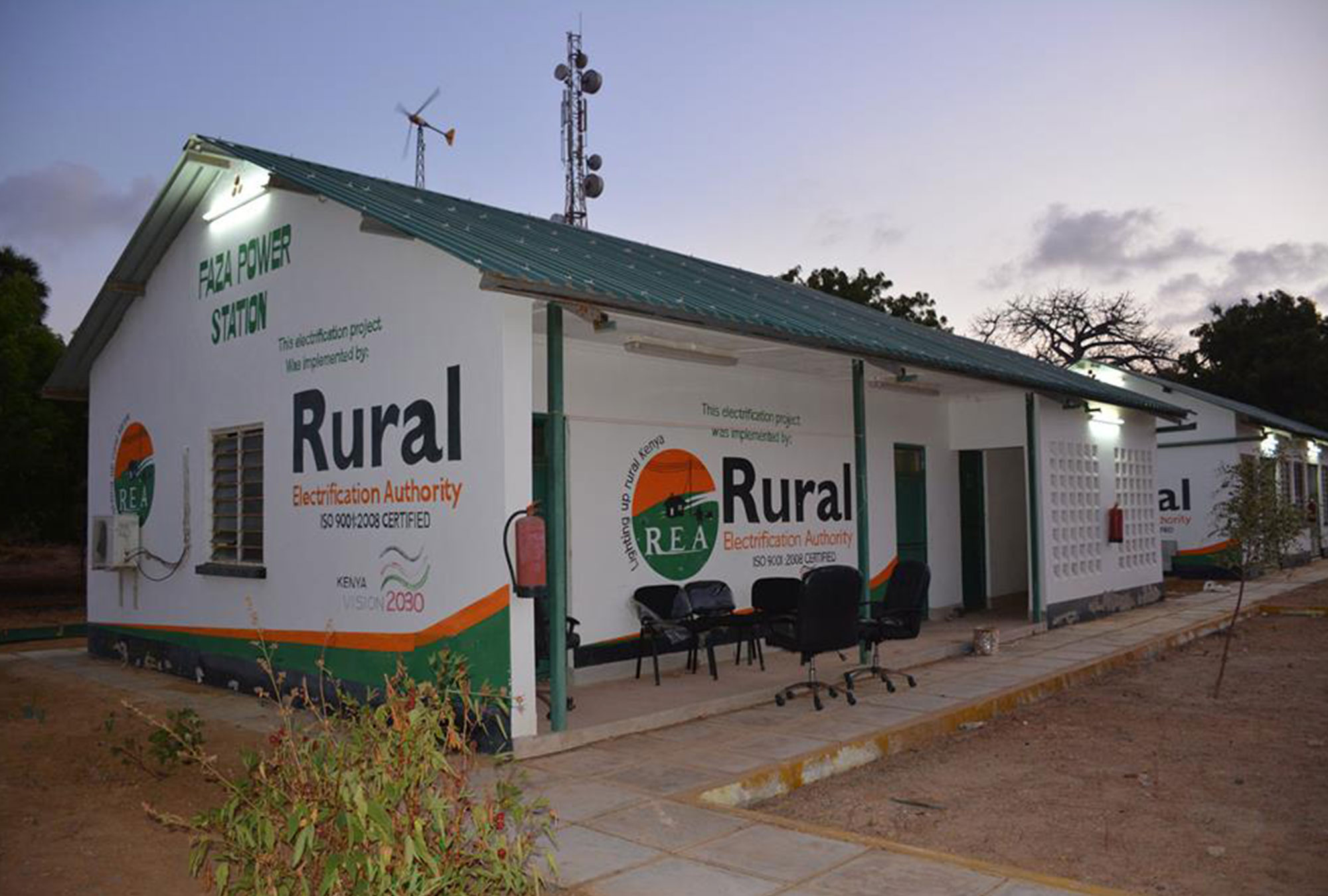Sci & Tech
UK Firms To Light Up Kenya With Repurposed Lithium-ion batteries

A United Kingdom based start-up is rolling out 4,000 batteries to Kenya in a bid to power people’s homes with cheap and clean energy. Birmingham-based reusable battery developer Aceleron will bring thousands of its alternative lithium-ion batteries to the country.
Through a partnership with the Shell Foundation and BBOXX, an off-grid solar company based in London, the batteries will be fitted into individual homes to power people’s televisions, fridges and lighting. Currently in the country, a number of homes in rural areas still use kerosene lamps at night, risking potential hazards such as fires, poisoning and explosions.
The project will run until 2021 and involves Aceleron converting waste lithium-ion battery cells made by fuels producer Total Access to Energy Solutions (TATES) ’ into repairable and affordable and reusable batteries designed to provide clean power to more than 800 people in off-grid communities across Kenya, Benin, Rwanda and Libya.
The Sh6,683,923 (£51,000) project is delivering second life batteries at Sh4581 ($45) per unit – just Sh661 ($6.5) a year over each battery’s 7 year lifespan. In comparison, acid batteries in Kenya cost about Sh1200 $12 a year and last 3 years. This makes the new reusable batteries affordable enough to help off-the-grid rural communities.
According to Dr Amrit Chandan, chief executive of Aceleron, The programme will also offer training. A local workforce will therefore be able to service and repair batteries on site instead of disposing them. The team has already assessed 5000 waste batteries, of which 4500 were usable and then produced 150 second life battery packs.
“Our circular-economy approach delivers lithium-ion batteries that work better, last longer and are cheaper. We are making clean power an option for off-grid Kenyans, making a real impact to their lives by giving access to clean electricity while also reducing carbon emissions,” Dr Amrit Chandan, chief executive of Aceleron says.
President Uhuru Kenyatta had committed the country to be entirely powered by renewable energy by 2020 and more than 70% of electricity is already delivered by renewable sources which is more than three times the global average. However, the transformational benefits of access to clean power have not spread to the majority of Kenyans, with more than 80% of people still off-grid.
“Bringing affordable and clean power to off-grid communities is powerful – it enables education, grows livelihoods and builds economies,” Dr Amrit says.
With Kenya Power (KP) profits dropping for the third consecutive year , Taxpayers are being forced to carry the burden to keep Kenya Power afloat, whenever consumers pay their monthly bill or buys prepaid units, they have to pay for fuel, foreign exchange adjustment and inflation adjustment, which are in addition to paying for the energy consumed. in addition the consumer has to contend with paying 16 per cent VAT and a host of levies for regulators, including the Energy and Petroleum Regulatory Authority, the Water Regulatory Management Authority and the Rural Electrification and Renewable Energy Corporation. Thus the big question, would you move from KP and opt for the lithium-ion batteries?
Kenya Insights allows guest blogging, if you want to be published on Kenya’s most authoritative and accurate blog, have an expose, news TIPS, story angles, human interest stories, drop us an email on [email protected] or via Telegram
-

 Grapevine7 days ago
Grapevine7 days agoAlleged Male Lover Claims His Life Is in Danger, Leaks Screenshots and Private Videos Linking SportPesa CEO Ronald Karauri
-

 Lifestyle1 week ago
Lifestyle1 week agoThe General’s Fall: From Barracks To Bankruptcy As Illness Ravages Karangi’s Memory And Empire
-

 Grapevine2 days ago
Grapevine2 days agoRussian Man’s Secret Sex Recordings Ignite Fury as Questions Mount Over Consent and Easy Pick-Ups in Nairobi
-

 Investigations2 weeks ago
Investigations2 weeks agoEpstein Files: Sultan bin Sulayem Bragged on His Closeness to President Uhuru Then His Firm DP World Controversially Won Port Construction in Kenya, Tanzania
-

 News2 weeks ago
News2 weeks agoAUDIT EXPOSES INEQUALITY IN STAREHE SCHOOLS: PARENTS BLED DRY AS FEES HIT Sh300,000 AGAINST Sh67,244 CAP
-

 Business2 weeks ago
Business2 weeks agoKRA Can Now Tax Unexplained Bank Deposits
-

 Investigations1 week ago
Investigations1 week agoEpstein’s Girlfriend Ghislaine Maxwell Frequently Visited Kenya As Files Reveal Local Secret Links With The Underage Sex Trafficking Ring
-

 News1 week ago
News1 week agoState Agency Exposes Five Top Names Linked To Poor Building Approvals In Nairobi, Recommends Dismissal After City Hall Probe















